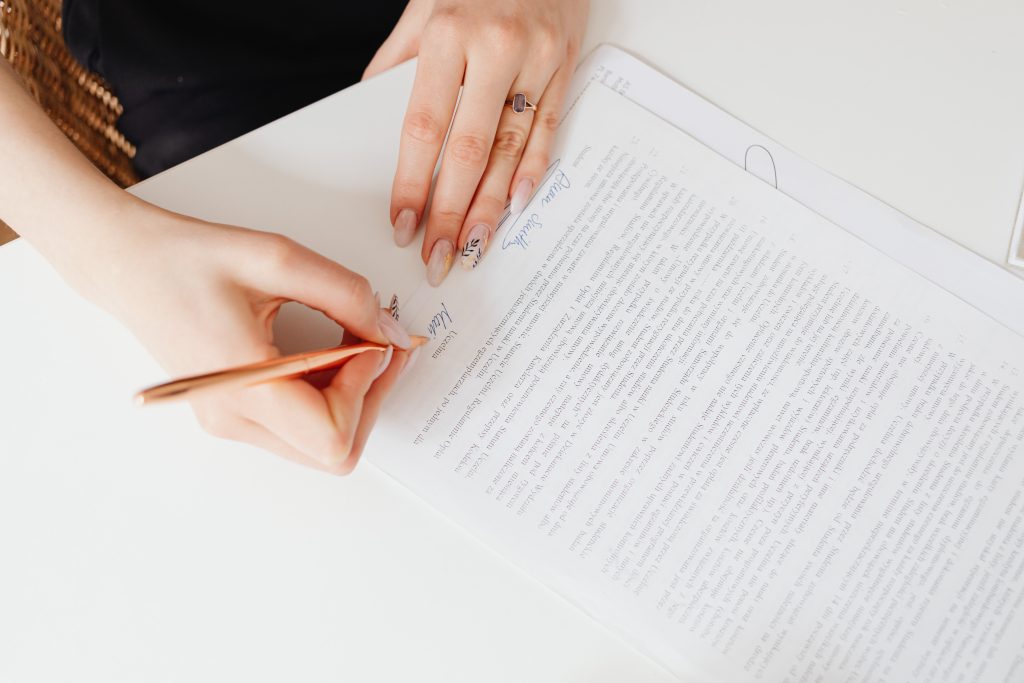A deed of family arrangement is a document that legally changes the way a deceased person’s assets are divided amongst beneficiaries. It can either change the terms of a Will or change the distribution of a deceased person’s assets if there is no Will (under the rules of intestacy).
It can also provide the legal personal representative of the estate (the executor or administrator) with protection from any future claims.

For a deed of family arrangement to be valid, it must be:
- signed by the legal personal representative; and
- signed by and have the consent of all the beneficiaries (over 18 years of age) entitled under the original will or the rules of intestacy.
When would I need a deed of family arrangement?
The circumstances in which a deed of family arrangement may be useful include:
- When the beneficiaries wish to change the terms of the Will.
A deceased person’s Will may sometimes need to be changed to suit the beneficiaries’ circumstances. A deed of family arrangement allows the beneficiaries to change the distribution of assets to better suit their needs.
Examples include:-
- if the Will is decades old and does not take into account subsequent births and deaths; or if the person entitled to inherit most of the assets may wish to pass their share on to other beneficiaries in the Will; and
- if the beneficiaries are unhappy with how the ‘intestacy rules’ would distribute an intestate estate.
When someone dies without a Will, the distribution of their assets is determined by a formula set out in the Succession Act 2006 (the rules of intestacy).
In NSW, the deceased’s spouse’s entitlement includes money from the estate gifted to the spouse. (a ‘CPI adjusted legacy’, currently $350,000 adjusted by the CPI). The spouse is automatically entitled to this, regardless of how much the estate is worth.
If the deceased had adult children with families of their own, a deed of family arrangement could be used to reach an agreement where all of the deceased’s immediate family could be left something.
- When an ‘eligible person’ wishes to challenge a Will
If a spouse, child, former spouse or a dependent has not received anything or feels that they have not received enough from a deceased relative’s Will, they may be able to launch a family provision claim in court. A family provision claim can take years to resolve and can be extremely expensive.
A deed of family arrangement can avoid court proceedings by allowing the aggrieved people together with the other beneficiaries to design a new plan for the distribution of the assets that everyone is happy with.
When can a deed of family arrangement not be used?
A deed of family arrangement cannot be used to reduce the entitlement of someone under 18 years, or for a person lacking mental capacity (e.g. with an intellectual disability): this would require a Court order.
Capital Gains Tax (CGT) Considerations:
Section s128.20 of the Income Tax Assessment Act 1997 (Cth) exempts the passing of an asset to a beneficiary of a deceased estate from payment of capital gains tax (CGT).
A deed of family arrangement is covered by this exemption only if it is used to settle a claim to participate in the estate (such as a family provision claim). If the deed does not meet the requirements of the ATO ruling TR 2006/14, CGT may apply.
Transfer/Stamp Duty:
There may also be stamp duty issues to consider when writing a deed of family arrangement.
Generally, an asset from an estate is either exempt from stamp duty, or the duty payable is very low (e.g. $100 in NSW from 1.2.24).
In NSW, stamp duty liability as a consequence of transferring assets using a deed of family arrangement is only on the amount by which those assets exceed the value of assets the beneficiary would have received under the Will or intestacy rules. (s63 of the Duties Act 1997 (NSW))

Take-aways
There are several procedural requirements for a deed of family arrangement and its use will be on a case by case basis. If you think a deed of family arrangement would benefit you, please do not hesitate to contact us to discuss your situation.




